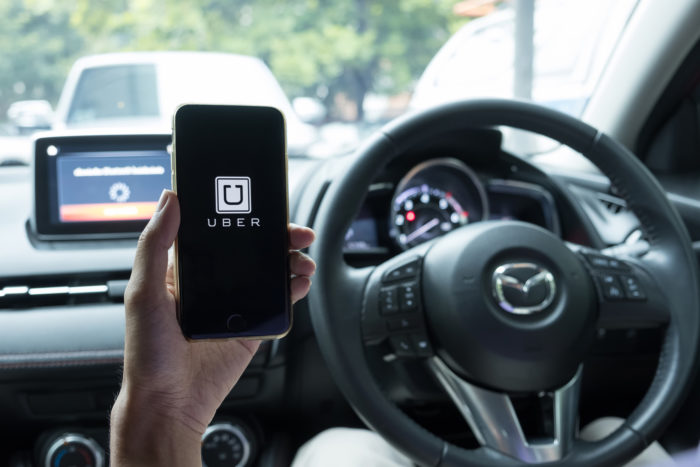Top Class Actions’s website and social media posts use affiliate links. If you make a purchase using such links, we may receive a commission, but it will not result in any additional charges to you. Please review our Affiliate Link Disclosure for more information.

California Proposition 22 Overview:
- Who: A California judge ruled the state’s Prop 22 unconstitutional. The proposition was approved by California voters in 2020 and exempts certain businesses, including rideshare companies like Uber and Lyft, from the state’s Assembly Bill 5, which forced companies to classify many contractors as employees.
- Why: The judge said Prop 22 infringed on the state legislature’s power to set standards in the workplace. The proposition included language requiring a seven-eights vote in each chamber of the California State Legislature to be amended — a much higher bar than the simple majority of voters that was required to pass the proposition in the first place.
- Where: The case was heard in Alameda County Superior Court in Northern California.
A 2020 California ballot measure that exempted ride-share and food delivery drivers from a state labor law is unconstitutional, a California judge has ruled.
On Friday, Alameda County Superior Court Judge Frank Roeschas said Prop 22 is unconstitutional, because it infringed on the legislature’s power to set standards at the workplace, CNBC reported.
“It limits the power of a future Legislature to define app-based drivers as workers subject to workers’ compensation law,” the judge said, adding that it makes the measure “unenforceable.”
Prop 22 had exempted certain gig-work-based companies from the recently-enacted California Assembly Bill 5, which had aimed to take workers from being independent contractors into being full-time employees.
Companies that benefit from the gig economy, including Uber, Lyft, Doordash and Instacart and Postmates have been pushing both in the legislature and in the courts to keep drivers’ independent contractor status.
The companies helped raise more than $200 million to back the ballot and influence voters, while opponents raised less than $20 million, CNBC reports.
Classifying drivers as independent contractors allowed the companies to avoid the costly benefits associated with employment, such as unemployment insurance, sick leave, overtime and minimum wage.
President Joe Biden opposed the measure, tweeted in May last year that Californians should vote no on the ballot and saying, “gig economy giants are trying to gut the law and exempt their workers. It’s unacceptable.”
However, Californians voted for the measure in November last year. A coalition representing the companies told CNBC it plans to appeal the ruling.
The news comes as drivers around the country are fighting for employment status with Uber through class action lawsuits. In those cases, drivers have had mixed results, with the Ninth Circuit Court of Appeals recently ruling that Uber drivers must take their employment and sick pay claims through arbitration.
What do you think of this ruling? Let us know in the comments!
Don’t Miss Out!
Check out our list of Class Action Lawsuits and Class Action Settlements you may qualify to join!
Read About More Class Action Lawsuits & Class Action Settlements:















4 thoughts onCourt Rules Measure That Keeps Certain Gig Workers as Contractors Is Unconstitutional
I’ve been with Lyft for over 3 years and did DoorDash for over a year
Please add/ help me. I have had so many egregious issues with them. They are for a lack of a better term abusive to their employees
Why just California?
Add me